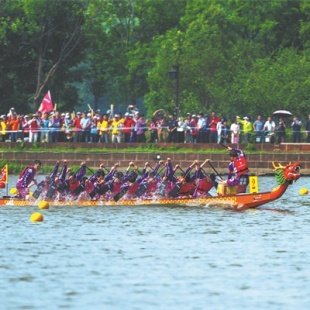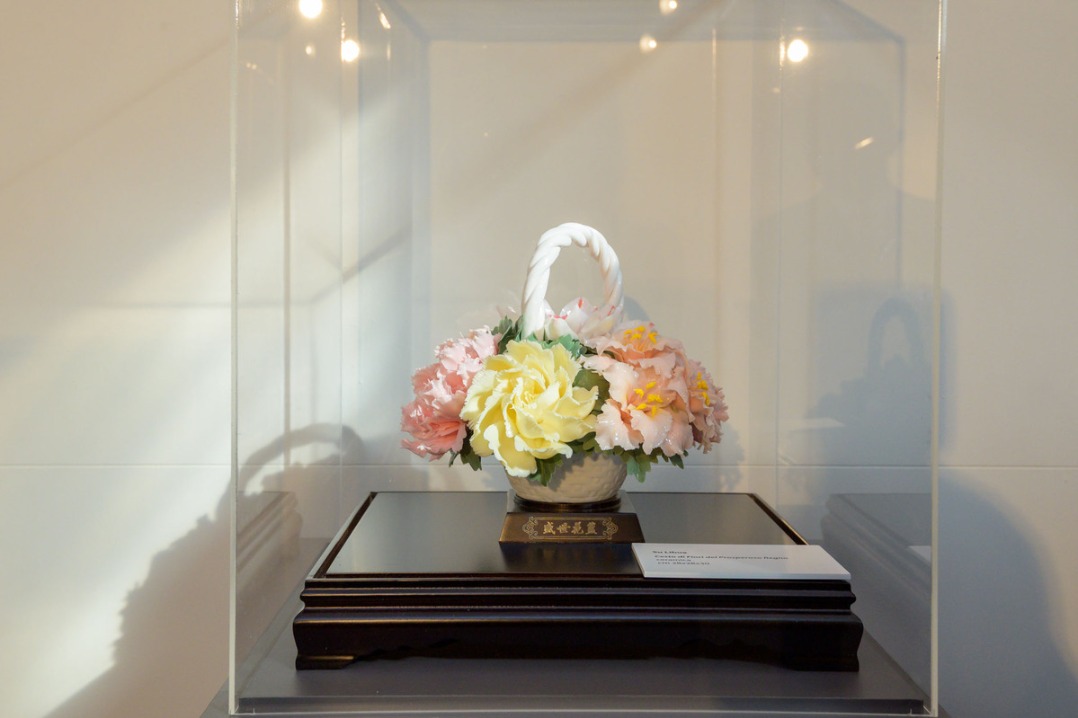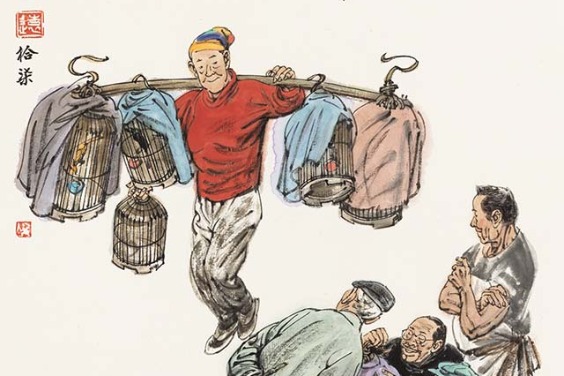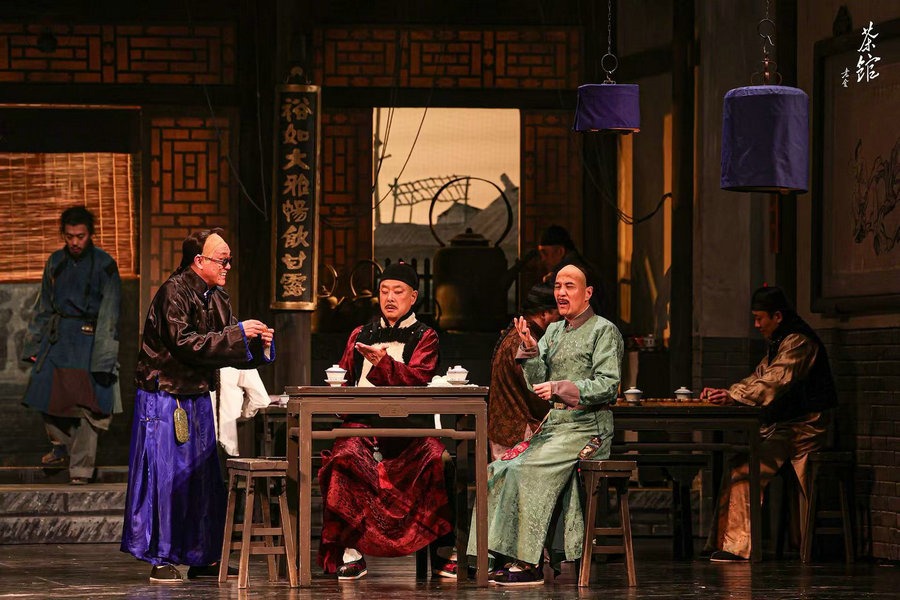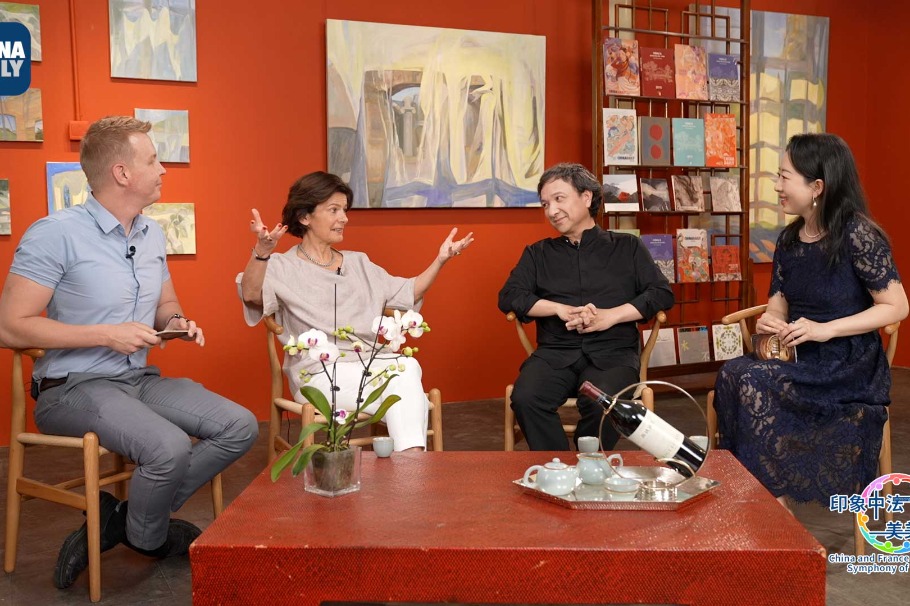How a traditional festival became China's cultural bridge
In Hubei's Dabie Mountains, ancient dragon boat traditions forge new bonds between generations

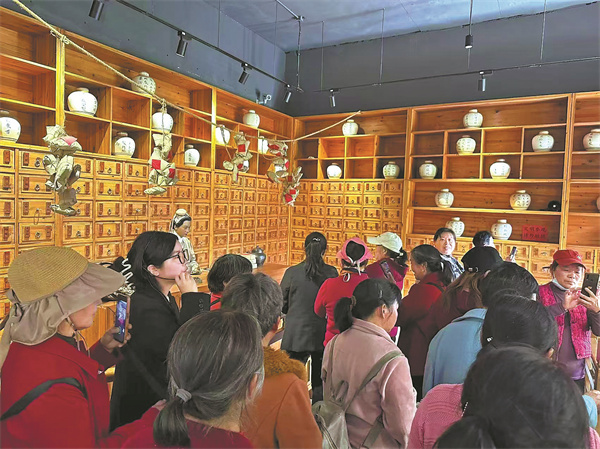
As fireworks dissolve into starry skies in the township of Zhulin, negotiations between different generations unfold beneath ancient ginkgo trees. Elderly villagers chant Duanwu ballads in a dialect that used to be a part of the Chu culture, their voices ringing to smartphone recordings. Tech entrepreneurs from Wuhan barter with weavers for digital rights to cattail knot patterns, while teenagers teach octogenarians how to use heritage-filter apps.
"Tradition used to mean repetition," said cultural scholar, Professor Gao Bingzhong of Peking University. "Now, it's a live-editing process — villagers curate memories for urban consumption, while city dwellers seek roots through VR (virtual reality) ancestral temples."
This mutual reinvention bears tangible results, as almost half of Qichun's youth now choose local tourism jobs over migrant work, a reversal from five years ago.
Economist Xu Linchuan from the London School of Economics and Political Science, observing the scene, identified a paradigm shift. "Heritage has become transactional memory," Xu said. "Urbanites purchase nostalgia calibrated to their childhoods — whether that's 1990s Wuhan or 1970s Hubei."
Back in Cheng Guizhi's courtyard, the matriarch inspects her granddaughter's latest TikTok video — a splitscreen juxtaposing her mugwort hanging with a digital art installation in Wuhan's Optics Valley. "They turned my knots into neon!" she chuckles, unaware the clip has just been acquired by several hundred netizens.


